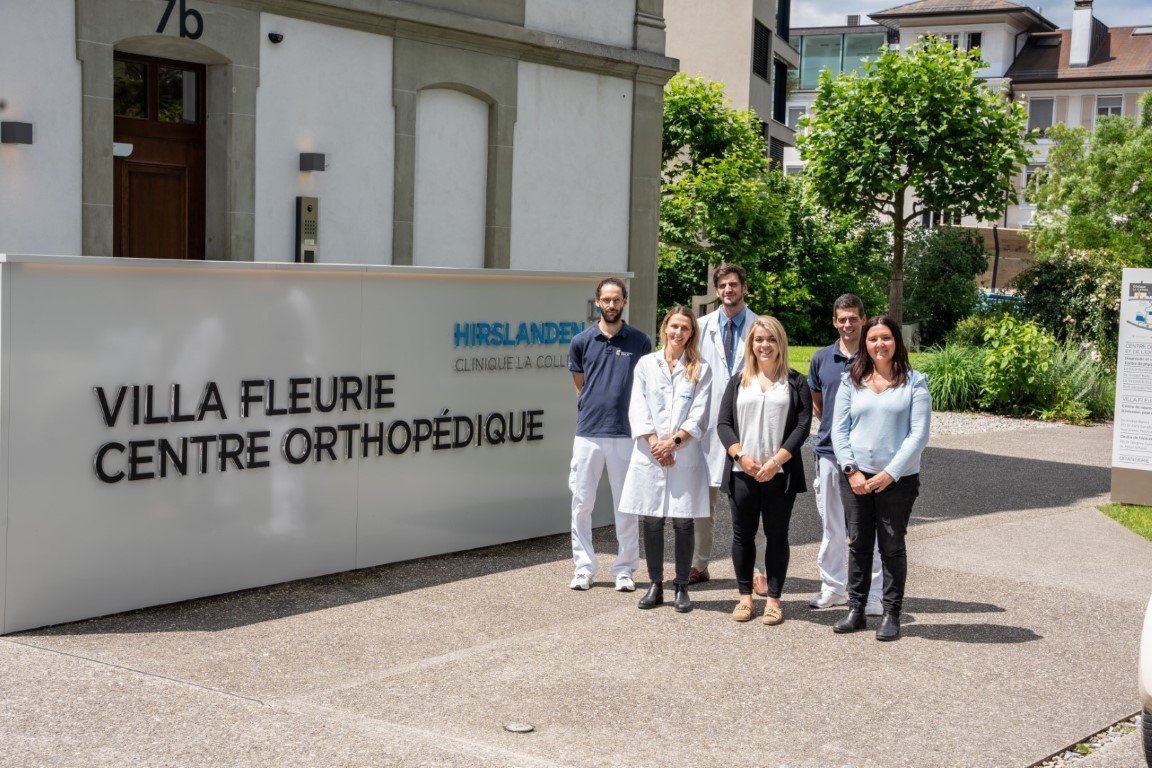Publication: EFORT Open Rev. 2023 Apr 25;8(4):213-222. doi: 10.1530/EOR-22-0104.
Co-authors: Rosso C, Morrey ME, Schär M, Grezda K, Cunningham G. et al.
Abstract:
Platelet-rich plasma (PRP) is a revolutionary treatment that harnesses the regenerative power of the body’s own platelets to promote healing and tissue regeneration. While PRP therapy has emerged as a promising option for augmenting biologic healing in the shoulder, the complexity of shoulder disorders makes it difficult to draw definitive conclusions about the efficacy of PRP across different conditions and stages of disease. Our comprehensive review of twenty-four studies highlights the current state of PRP therapy in shoulder pathologies, revealing a wide variety of number of patients, control groups and results. Despite these challenges, the regenerative potential of PRP therapy is moderate in some conditions, with numerous studies demonstrating the positive effects. In conclusion, the authors of this study recommend the use of PRP therapy for adhesive capsulitis and rotator cuff repair of medium to large tears. However, they do not recommend the use of PRP for subacromial impingement or rotator cuff tears. It is up to the clinician’s discretion to decide whether PRP therapy is appropriate for individual cases. However, there is still insufficient evidence to support the inclusion of PRP therapy in treatment protocols for other shoulder disorders. Therefore, further research is needed to fully explore the potential of PRP therapy in the treatment of various shoulder conditions.




